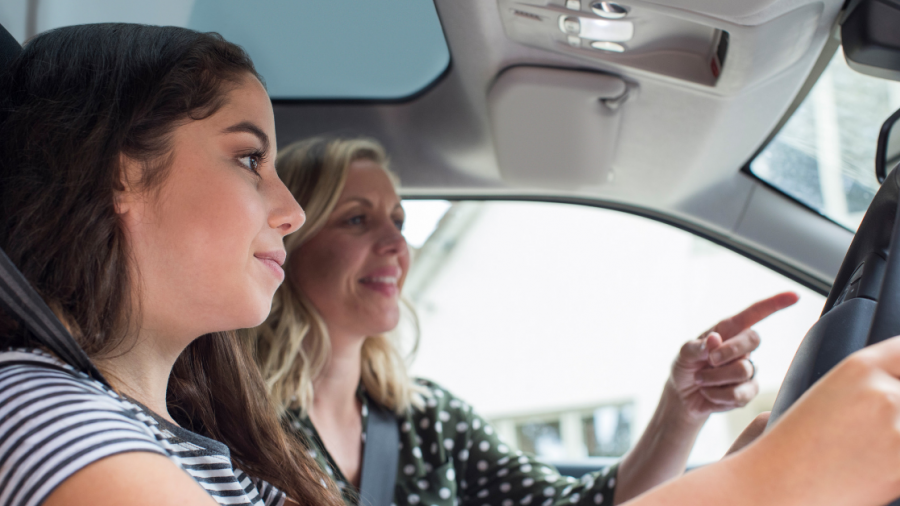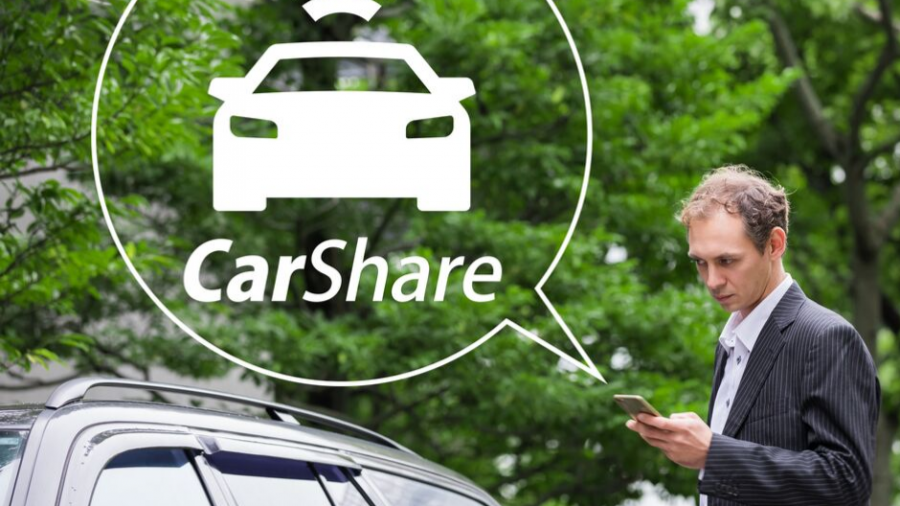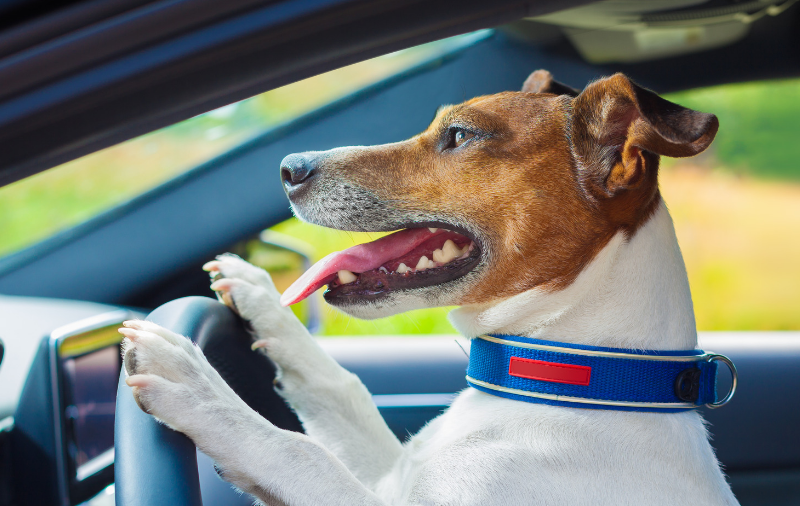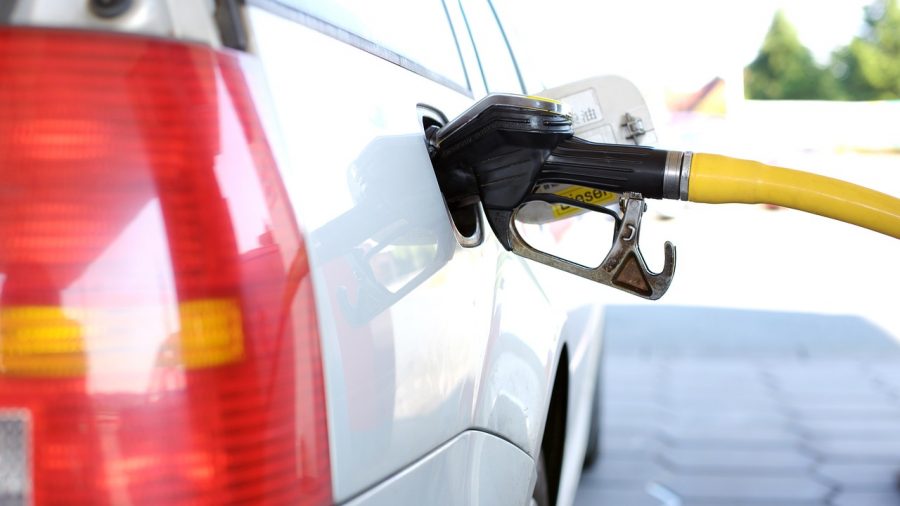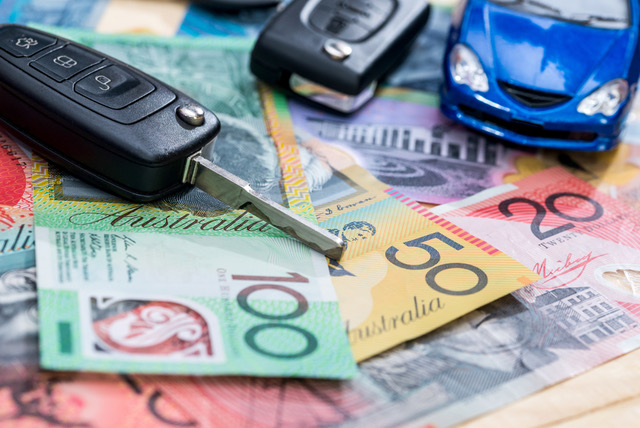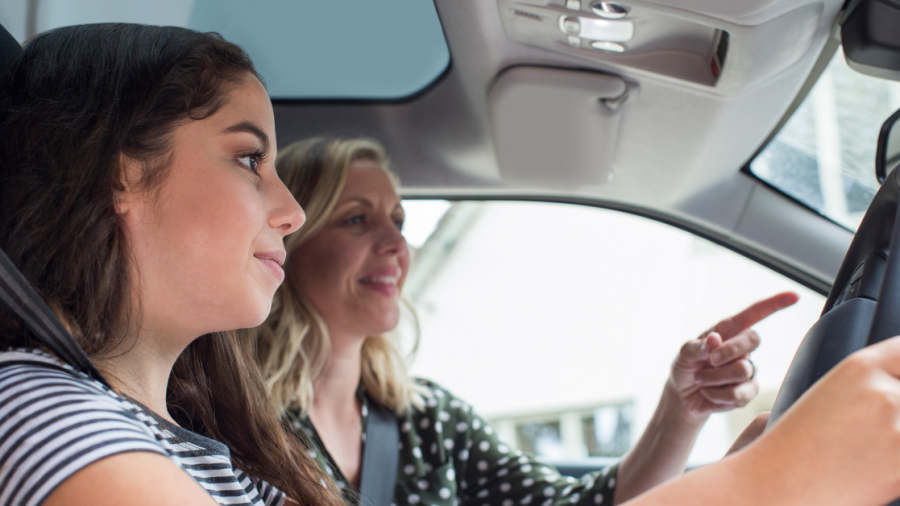The word gig economy first described the rise of insecure contract work, rather than permanent full time jobs. Now even relationships, AirBnB, social media and subscription-style entertainment reflect lack of permanence or commitment. So it makes sense that young people do not seem interested in owning – or even driving – cars. Read More

